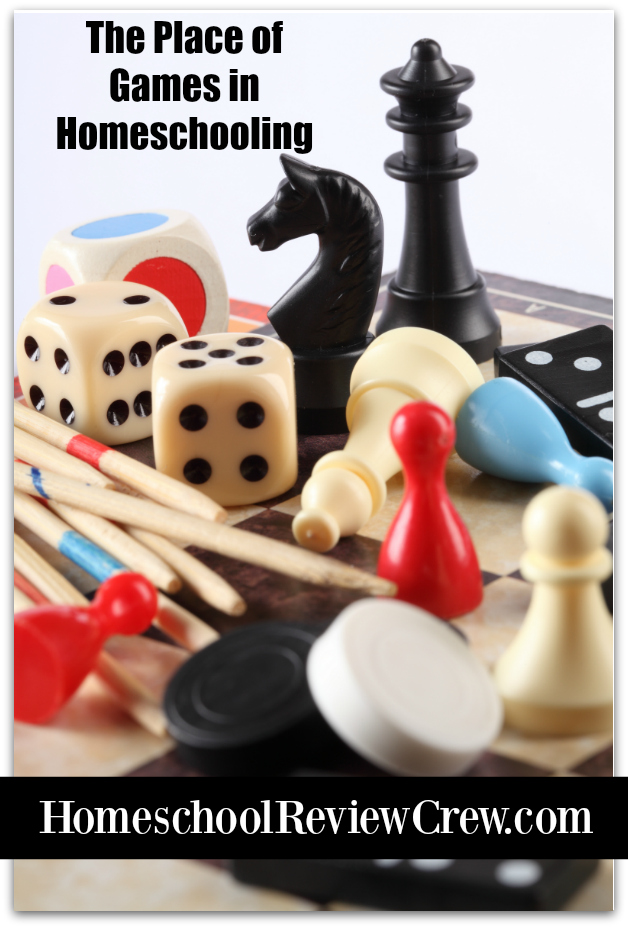
There are so many different ways to incorporate games and gaming into your homeschool. So many homeschooling companies even offer games as part of their online resources. What are some of the most common options for using games in your homeschool and when can you include them into your schedule?
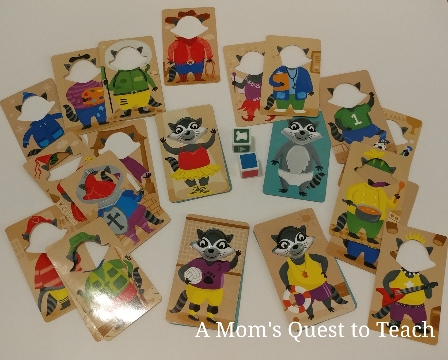
Card Games
What are some of the basic types of games you can play with a deck of cards? A regular deck of cards gives you the chance to play crazy eights, solitaire, war, rummy, go fish, hearts, and more. What are the other card game options? There are flash cards for memorizing facts, the Professor Noggin’s Card Game series (we have two of the history ones that we have been able to modify so even our youngest can play them), Educational Insights offers a number of simple card games for preschoolers that focus on colors and patterns like Raccoon Rumpus to name a few.
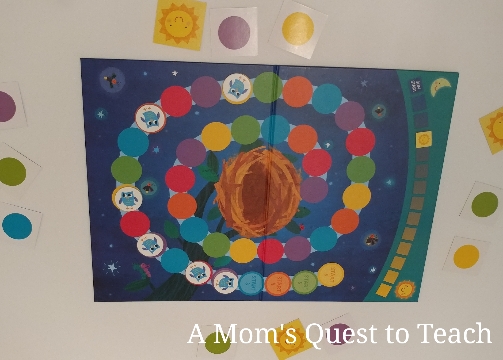
Board Games
There seems to be a lot more options for fun board games than I remember from my own childhood. There are still the basics like Chutes (Snakes) and Ladders and Candyland but now many companies are also working on educational and/or cooperative games for multiple age groups. Our children have a number of the cooperative games from Peaceable Kingdom such as Hoot Owl Hoot! that are great for family game night.
Another fun thing to do, if you don’t have a problem with it, is let your kids mix and match games to create their own games and rules. Our younger children love mixing up two games – Shelby’s Snack Shack and The Sneaky, Snacky Squirrel Game – and coming up with new ways to use the pieces. I find this not only fosters creativity but also enforces the important of putting things back the way they are supposed to be for future game playing.
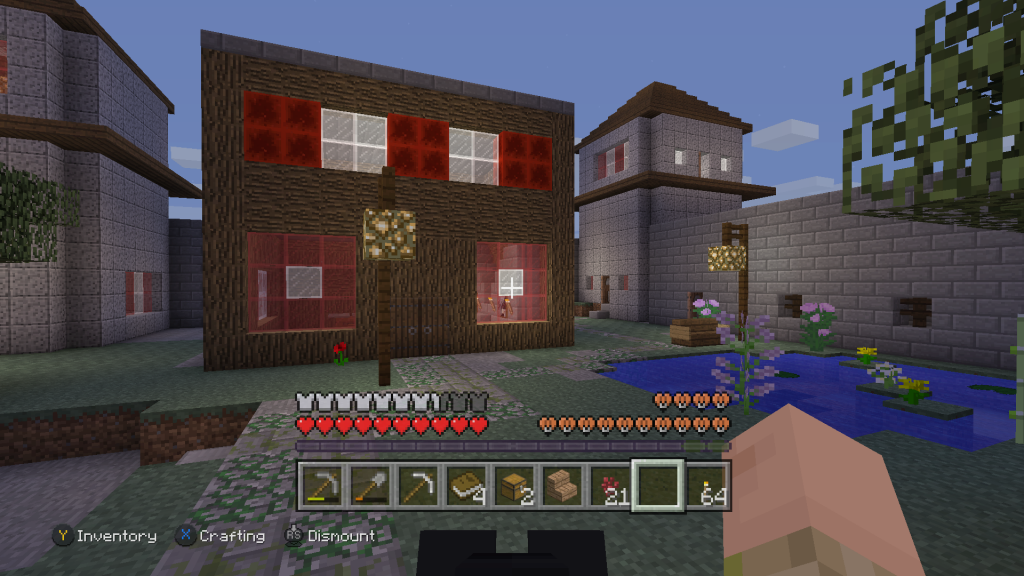
Video Games
Whether your family has a console or plays video games on the computer, there are educational options for gaming as well as those games that are just meant to be played for fun and relaxation. Just like with other games we bring into our homeschool, we need to vigilant to make sure video games align with our values and rules for our home. We probably need to be even more watchful of video games and the interactions that our children have online than other areas of gaming.
Probably the best known video game that is being used for education is Minecraft. The game just celebrated its tenth anniversary and even though it has simple graphics, children and adults still love it and play it today. Our family has been playing Minecraft for a number of years. It has helped foster conversations with our older son as we discuss family-friendly YouTubers. Now our younger son is playing which let’s him connect with his older brother as they build worlds together, play mini-games in Minecraft, and read books and make plans for elaborate builds.
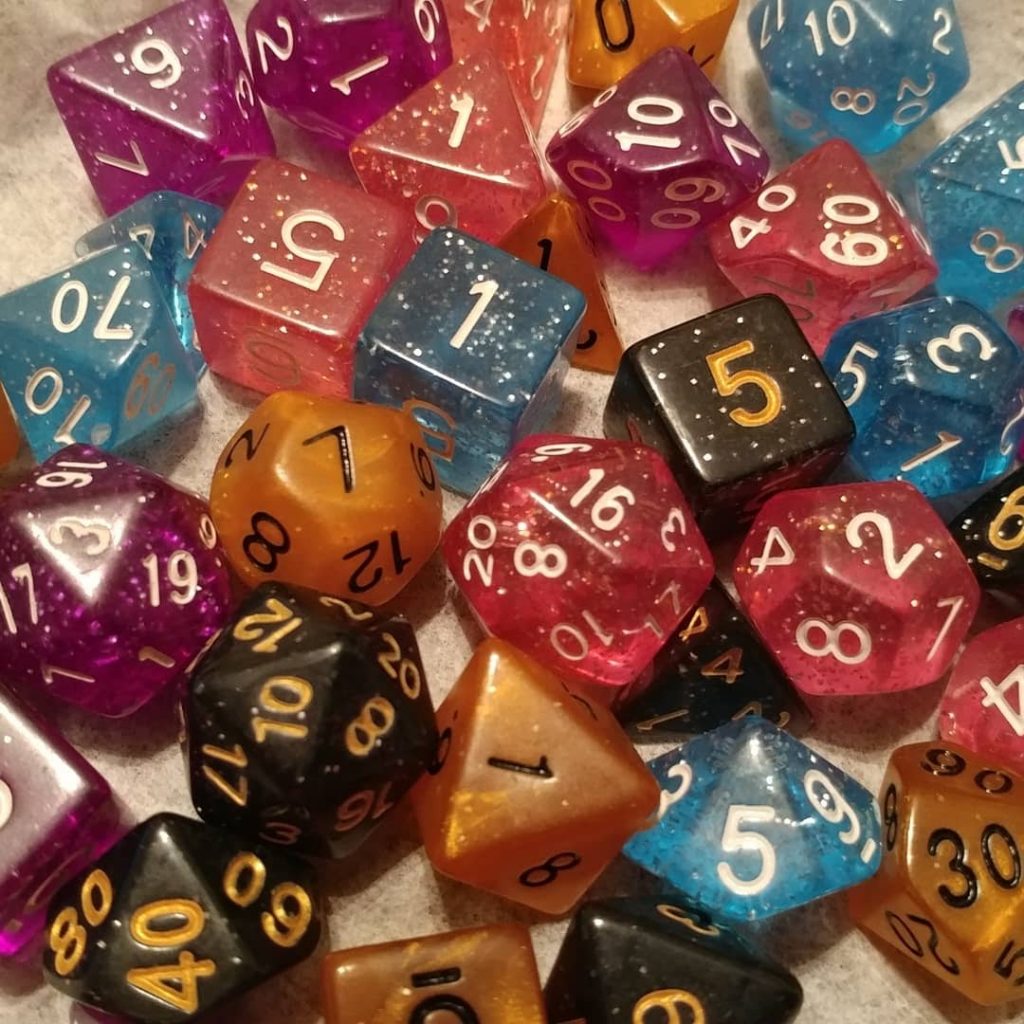
Role Playing Games
Another option for gaming that fosters creativity is role playing games (RPGs). My husband has been playing since his childhood and we have introduced our own children to the world of RPGs. They are practicing reading and writing, cooperating in groups to solve problems, and adding using dice. There are have been many different companies over the last several decades that created handbooks and scenarios that allow people to role play as knights, superheros, cowboys, space rangers, and more. With a little research you might find the right system and set of scenarios for your family. There are also a lot of materials available for free online. So you might just find the style and materials you are comfortable with for your own homeschooling family.
When to Game?
One of the joys of homeschooling is that we can determine our own schedules and curriculum. If it is one of those weeks where nothing seems to be going well, this would be a good time to bring out the games. If you play cooperative games together, it can help your children come together and build stronger bonds. Or perhaps they need a refresher on following directions? Games can help with that, too. Playing games is also fantastic for taking a break from homeschooling – not everything we do as a family needs to involve learning (although when you think about games still require lots of basic skills like knowing how to read, following directions, problem solving, basic mathematics skills, and more!).
—oOo—
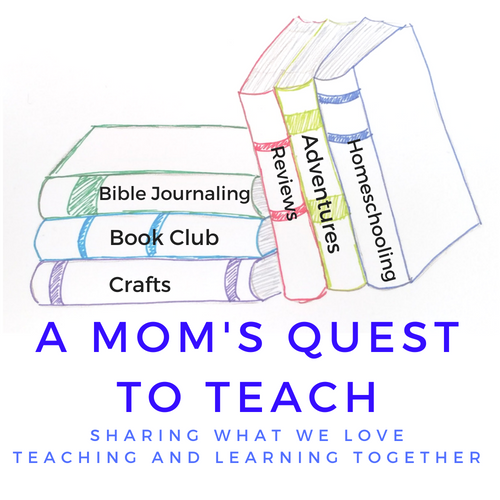
A thank you to Kristen of A Mom’s Quest to Teach for writing this guest post. Kristen is a housewife and mother to a teen stepson and two younger children (son, 6, and daughter, 4). She is a certified social studies teacher and has worked as a volunteer at a National Park site, in the education department of a metropolitan zoo, and as a high school history teacher.
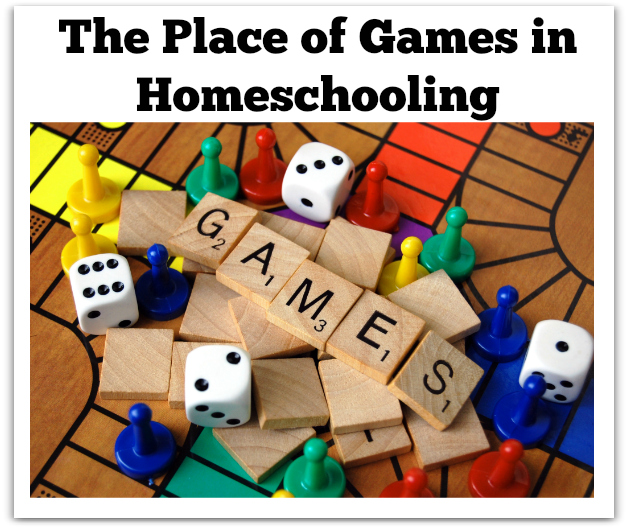
1 thought on “The Place of Games in Homeschooling”